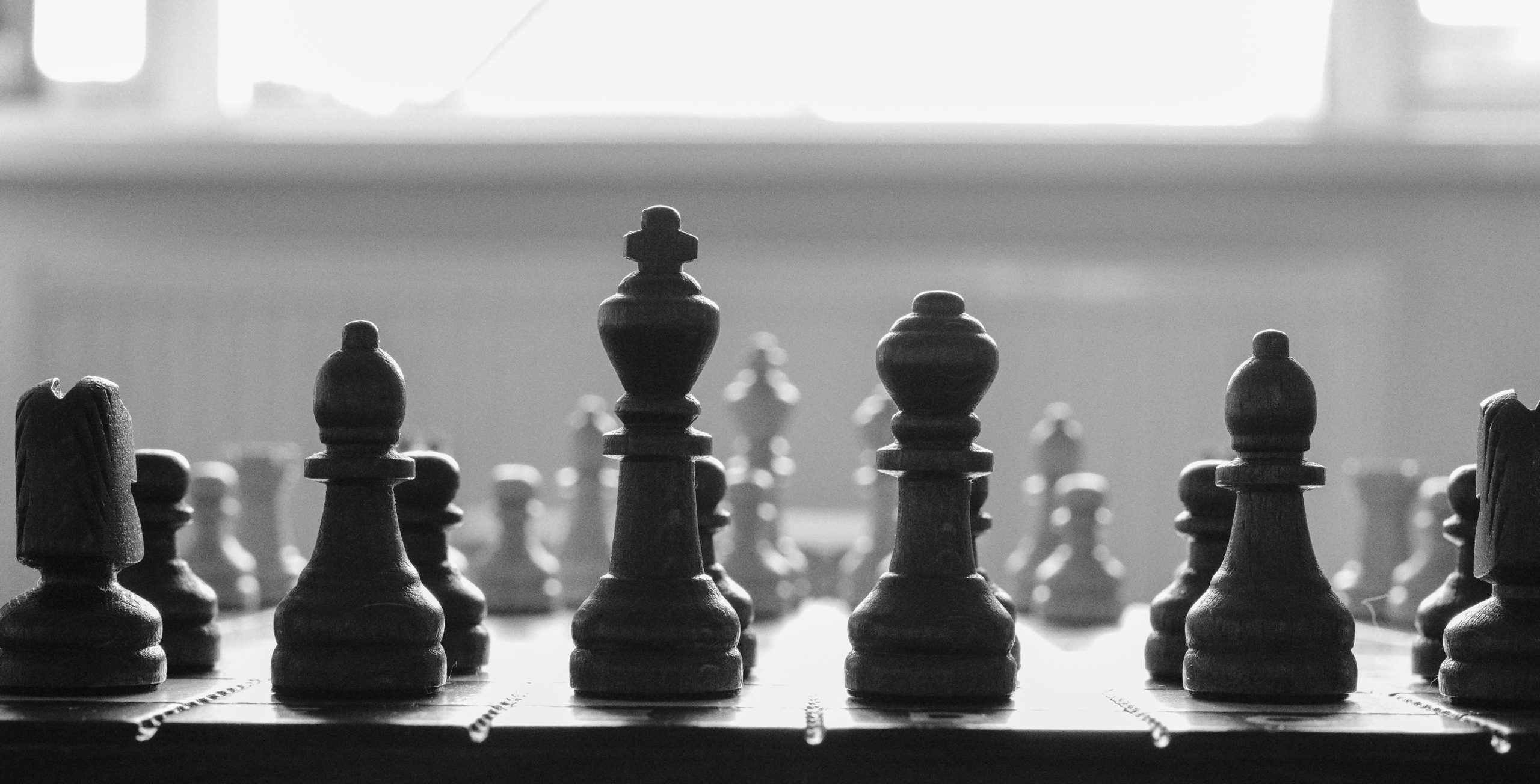Discernment is the ability to see clearly, understand deeply, and decide wisely. It’s more than just making choices — it’s the art of perceiving truth beneath the noise, of navigating life with clarity and purpose. In a world filled with distractions and half-truths, discernment acts as a compass, pointing us toward what is real, meaningful, and aligned with our values. But how do we cultivate such an elusive yet essential skill?
. . .
At its heart, discernment begins with knowing yourself. Self-awareness is the foundation — the mirror we hold up to our beliefs, biases, and emotional landscapes. When we understand what drives us — our fears, desires, and motivations — we’re less likely to let them cloud our judgment. Honest self-reflection can be uncomfortable, but it is required. Without it, we risk making decisions that serve our insecurities rather than our values, character, or integrity.
Experience also shapes discernment, often in ways we don’t realize until much later. Life is an ever-present, multifaceted teacher, offering lessons in both triumph and failure. Each mistake carries the potential for growth if we’re willing to reflect on it. The more we expose ourselves to diverse situations and perspectives, the sharper our discernment becomes. It’s not about avoiding errors but about learning from them — turning hindsight into foresight to break free from recurring patterns.
In an era of instant opinions and polarized narratives, the ability to pause and question is more valuable than ever. Critical thinking, another cornerstone of discernment, isn’t about cynicism or endless doubt; it’s about curiosity and careful evaluation. It’s the willingness to ask, “What don’t I know?” and to seek multiple perspectives before forming conclusions. This deliberate approach guards us against impulsivity, ideology, and groupthink.
But discernment isn’t all logic and analysis; it also requires a quieter kind of wisdom — intuition. Our subconscious mind is a reservoir of insights, piecing together patterns our conscious mind might overlook. Learning to trust that “gut feeling” can be transformative, especially when balanced with reason. Intuition often serves as a guide in moments where logic alone falls short, nudging us toward paths that feel true, even if they defy explanation.
Mindfulness deepens this process, grounding us in the present and sharpening our awareness. When we practice mindfulness, we become more attuned to our thoughts, emotions, and surroundings, and less attached to them. We filter out distractions and habitual reactions, making room for deliberate, thoughtful responses. In this way, mindfulness and discernment are deeply intertwined — two sides of the same coin.
Yet no one develops discernment in isolation. Wisdom is often borrowed before it’s earned. Seeking guidance from mentors, books, or spiritual teachings broadens our horizons and helps us see beyond our blind spots. Feedback from others — even, and perhaps especially, when it challenges us — offers opportunities to refine our perspective. Sometimes, a single comment or offhanded remark can shift our understanding or illuminate a truth we hadn’t considered.
Patience, too, plays a vital role. Discernment is rarely a hurried process; it’s a lifelong partner in perception. The best decisions often require time — time to reflect, gather information, and let the fog of initial emotions clear. In a world that prizes speed and instant gratification, discernment reminds us of the value of waiting. By allowing situations to unfold, we often gain insights that would have otherwise been missed.
Discernment manifests in many forms, each tailored to a specific aspect of life. Moral discernment helps us navigate questions of right and wrong, grounding our actions in ethical principles. Practical discernment focuses on everyday decisions, balancing risks and benefits to achieve desired outcomes. Emotional discernment enables us to understand our feelings and those of others, fostering empathy and connection. Social discernment sharpens our ability to read interpersonal dynamics and assess trustworthiness.
Critical discernment, meanwhile, is especially relevant in today’s information-saturated world. The ability to evaluate the credibility of sources, separate fact from opinion, and recognize biases is indispensable. Even aesthetic discernment — sensitivity to beauty and art — adds depth to our lives, helping us appreciate the world with greater nuance.
As we develop our skills of discernment, its ripple effects become clear. Decisions grow less reactive and more intentional. Our relationships deepen as we learn to listen and understand. We start to live in alignment with our values, creating a life that feels authentic and purposeful. Discernment infuses us with the necessity for the real, stripping away artifice and manipulation.
Ultimately, discernment is not a destination but a practice. It calls us to be students and observers of life, to balance intellect with intuition, and to remain open to growth and change. In cultivating this skill, we don’t just make better decisions — we craft a life that reflects the clarity, wisdom, and integrity we aspire to embody.
Sapere aude
Written by Trance Blackman. Originally published on tranceblackman.com on 16 January 2025.
